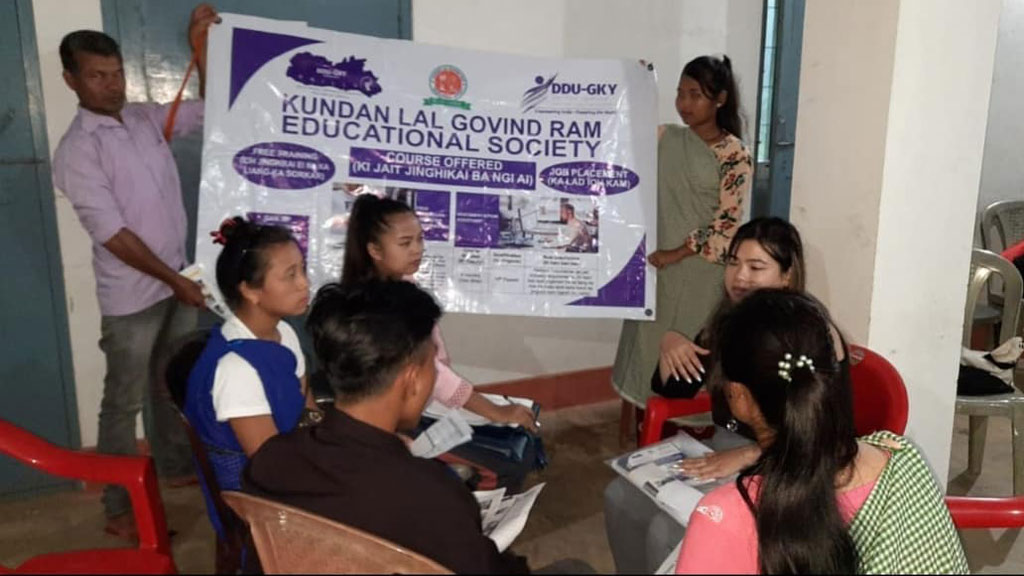Introduction:
In the dynamic landscape of Corporate Social Responsibility (CSR), the intersection with education has emerged as a powerful force for positive change. This article explores how CSR initiatives are instrumental in bridging educational gaps, emphasizing their role in shaping a brighter future for individuals and communities.
Section 1: Understanding Educational Gaps
Commence by highlighting the prevalent educational gaps, both on a global scale and within specific regions. Discuss disparities in access, quality, and resources, underscoring the need for targeted interventions to address these challenges. Illustrate how education serves as a cornerstone for personal and societal development.
Section 2: CSR as a Strategic Educational Catalyst
Examine the evolving role of CSR beyond conventional philanthropy. Discuss how businesses are strategically integrating education into their CSR initiatives, recognizing the profound impact it can have on societal well-being. Emphasize the shift from charity-driven efforts to sustainable, strategic investments in education.
Section 3: Tailored Approaches for Diverse Needs
Explore how CSR initiatives tailor their approaches to meet diverse educational needs. Discuss examples of companies collaborating with local communities, governments, and non-profits to develop targeted programs such as scholarship funds, school infrastructure development, and vocational training, addressing the unique challenges of each community.
Section 4: Innovation and Technology in Education
Highlight the role of innovation and technology in CSR-driven educational initiatives. Discuss how companies are leveraging technological advancements to create accessible and engaging learning environments. Illustrate examples of CSR projects that provide digital resources, online courses, and technology infrastructure to enhance educational experiences.
Section 5: Inclusive Education for All
Discuss the importance of inclusive education in CSR strategies. Showcase initiatives that focus on marginalized and underrepresented groups, ensuring that educational opportunities are extended to everyone, regardless of socio-economic background, gender, or location. Emphasize the impact of inclusive education in fostering social equality.
Section 6: Measuring Impact and Sustainability
Examine how CSR initiatives measure and communicate their impact on education. Discuss key performance indicators, success stories, and the long-term sustainability of educational programs. Illustrate the importance of transparency and accountability in demonstrating the effectiveness of CSR investments in education.
Section 7: Building Futures Through Education
Highlight how CSR initiatives contribute to building brighter futures through education. Discuss the ripple effects of educated individuals in communities, emphasizing the long-term benefits of an educated workforce. Illustrate how investing in education creates a positive cycle of empowerment and development.
Conclusion:
Summarize the central themes discussed in the article, underscoring the pivotal role of CSR in bridging educational gaps and building sustainable futures. Conclude by emphasizing the transformative potential of businesses that prioritize education as a cornerstone of their social responsibility efforts.
- By admin

